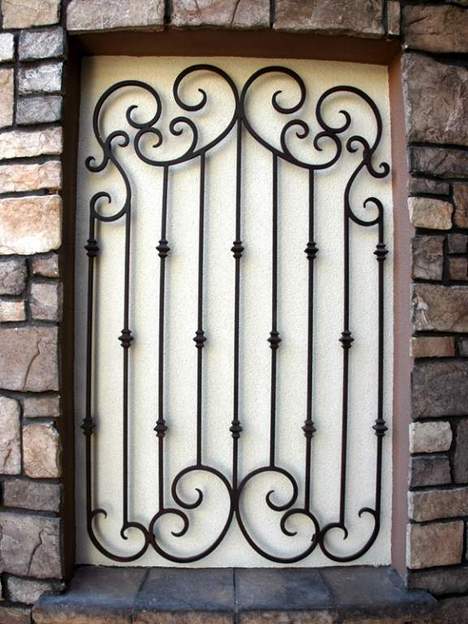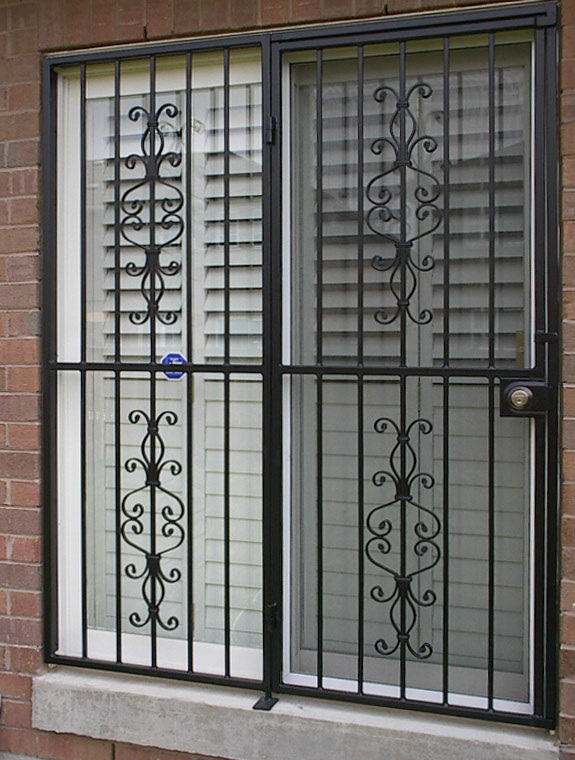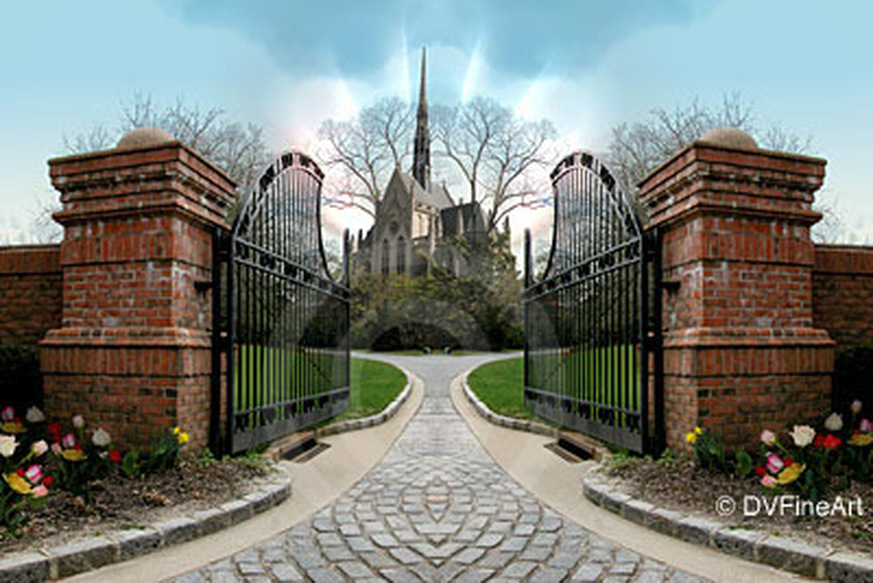Opening Gate
Window Opening gateWhat are window open gate?window open gate are aluminum or steel bars with a maximum 4 inch spacing that are installed in the bottom half of a double hung window (or over the entire opening of a crank style window). Some window guards are removable or releasable from the inside without the separate use of tools, keys or excessive force. This type of window guard can be removed by an adult or rescue personnel in case of a fire. Child safety window guards are not the same as burglar/security bars. Security bars may be wide enough for a child to slip through and should not be used as a child safety window guard.
Locks can be installed very inexpensively and can be used to secure the window in the closed position, or to restrict the window from opening more than four inches (the recommended safe amount). |
|
NJ Gates is a local based Gates company that specializes in storefront security. We have been installing, repairing and maintaining storefront gates, roll up doors and security grills for doors in New Jersey.
We respond immediately to repair all storefront gates no matter how large or small the project might be. Our employees are trained and experienced in all of our storefront gate services. Storefront Gate Installations/ Repairs in NJ NJ Gates provides full storefront gate servicing for all of New Jersey. We install, repair, maintain and service storefront gates for stores, parking garages and loading docks throughout New Jersey. |

Opening The Gates: An Essay
When one thinks of spreading their faith one probably imagines a ‘Jehovah’s witness’ type, going door to door, harassing poor folks about G-d, salvation and the like. Judaism, once upon a time, had its own tradition of proselytizing. In the Roman Empire, Judaism was well known as a missionary faith and accepted converts from all regions of the Empire until the Roman Emperor Hadrian outlawed the practice around 131 C.E. As Jews, we shouldn’t necessarily feel obligated to spread our faith, but at the same time we shouldn’t shy away from talking about it either. The Torah itself specifically commands us to be open to Converts, with the passage of history and in large part due to the Diaspora, Conversion to Judaism has been, up until modern times, largely not talked about openly amongst the Global Jewish community. Biblically, the first Convert to Judaism – Ruth had herself a relatively easy time coming into the community versus the experiences of prospective converts in contemporary times. With that said, it has to be asked, why is it so hard? Why are Converts often subjected to long periods of study and Reflection often lasting a year or more?
Some Rabbinical opinions cite ‘Sincerity of the Convert’ and ‘integration/acceptance into the community’ as being key reasons for such lengthy periods. Jewish communities everywhere are shrinking, areas of the United States where Jewish communities once thrived are now largely faint specters of what once was a mere five years ago. The remedy to our decline lies in future generations, how we continue our traditions and talk about our faith is key to our survival as a people. Halakah, Jewish Law, contrary to some, was intended as malleable work, open to revision and change as the world evolved. While this is not the case for a number of us, and that’s fine, we must confront and adapt to the changes we see around us, more importantly, As Jews, we should not shy away from talking about faith. The Torah teaches to live so as to be an example to the Nations. Sharing our spiritual and religious life with others is a major part of not only our bonds to our brothers and sisters, but also allows those who may be curious or spiritually a glimpse of the Joy and connections Judaism, and religion in general, can provide.
The world Jewish community still forces the global community to be reminded of the Holocaust, and for good reason, that we ‘never forget’. Yet, if we dwell in the past how can we ever look to the future? While Yom HaShoah by its very existence, causes us all, Jew and non-Jew alike, to be mindful of past evils, it should not force us to live in a bubble, Judaism is not some exclusive country club, it is a vibrant and all-inclusive living spiritual tradition that, together with Christianity and Islam, commands the attention of some several million people. If Judaism is to survive into the 21st century, we as a people must go forward with open hearts, open minds, and, more importantly no fear. The story of the Jews lies in the soil of the fields, from dust we came to dust we return, so lets keep our ears to the ground and our eyes towards Zion.
When one thinks of spreading their faith one probably imagines a ‘Jehovah’s witness’ type, going door to door, harassing poor folks about G-d, salvation and the like. Judaism, once upon a time, had its own tradition of proselytizing. In the Roman Empire, Judaism was well known as a missionary faith and accepted converts from all regions of the Empire until the Roman Emperor Hadrian outlawed the practice around 131 C.E. As Jews, we shouldn’t necessarily feel obligated to spread our faith, but at the same time we shouldn’t shy away from talking about it either. The Torah itself specifically commands us to be open to Converts, with the passage of history and in large part due to the Diaspora, Conversion to Judaism has been, up until modern times, largely not talked about openly amongst the Global Jewish community. Biblically, the first Convert to Judaism – Ruth had herself a relatively easy time coming into the community versus the experiences of prospective converts in contemporary times. With that said, it has to be asked, why is it so hard? Why are Converts often subjected to long periods of study and Reflection often lasting a year or more?
Some Rabbinical opinions cite ‘Sincerity of the Convert’ and ‘integration/acceptance into the community’ as being key reasons for such lengthy periods. Jewish communities everywhere are shrinking, areas of the United States where Jewish communities once thrived are now largely faint specters of what once was a mere five years ago. The remedy to our decline lies in future generations, how we continue our traditions and talk about our faith is key to our survival as a people. Halakah, Jewish Law, contrary to some, was intended as malleable work, open to revision and change as the world evolved. While this is not the case for a number of us, and that’s fine, we must confront and adapt to the changes we see around us, more importantly, As Jews, we should not shy away from talking about faith. The Torah teaches to live so as to be an example to the Nations. Sharing our spiritual and religious life with others is a major part of not only our bonds to our brothers and sisters, but also allows those who may be curious or spiritually a glimpse of the Joy and connections Judaism, and religion in general, can provide.
The world Jewish community still forces the global community to be reminded of the Holocaust, and for good reason, that we ‘never forget’. Yet, if we dwell in the past how can we ever look to the future? While Yom HaShoah by its very existence, causes us all, Jew and non-Jew alike, to be mindful of past evils, it should not force us to live in a bubble, Judaism is not some exclusive country club, it is a vibrant and all-inclusive living spiritual tradition that, together with Christianity and Islam, commands the attention of some several million people. If Judaism is to survive into the 21st century, we as a people must go forward with open hearts, open minds, and, more importantly no fear. The story of the Jews lies in the soil of the fields, from dust we came to dust we return, so lets keep our ears to the ground and our eyes towards Zion.




